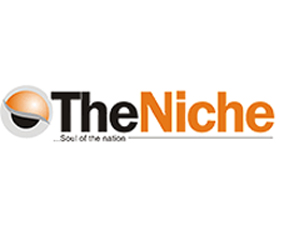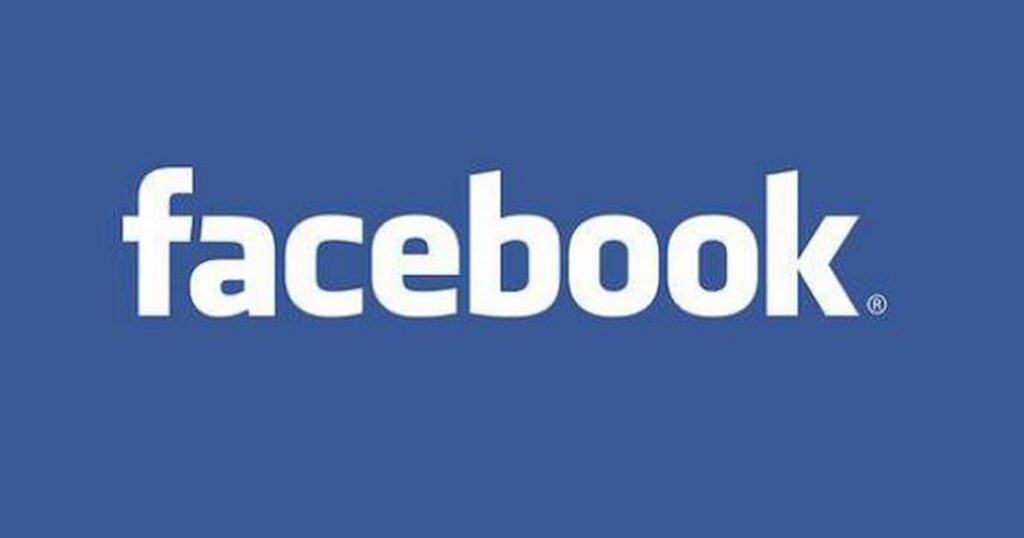By Jeph Ajobaju, Chief Copy Editor
Facebook faces a double whammy of angst in the United Kingdom and the United States with regulators gunning for its split up in fear of antitrust practices that impact its nearly 2.89 billion active users on both sides of the Atlantic and elsewhere.
In the US, the Federal Trade Commission (FTC) has renewed its bid to break up the tech giant by filing an amended complaint in federal court alleging it has monopolized social media and harmed competition.
The move comes a week after regulators in the UK signaled potential antitrust breakup of Facebook’s digital media empire, starting with GIFs.
CNN reports that Facebook could soon be required to spin off Giphy in response to concerns by UK regulators, and give up control of Giphy’s massive library of GIFs – the animated images used by millions to express emotions and reactions across the internet.
The UK’s Competition and Markets Authority (CMA) said the acquisition, which Facebook announced last year, risks reducing competition in advertising and social media.
In a provisional finding, the CMA insisted that Facebook’s control over Giphy could allow it to cut off other social media sites’ access to Giphy’s images. Giphy’s services currently integrate with services like Twitter, Snapchat, iMessage and Slack.
Facebook could be forced to sell off GIF platform Giphy in response to the CMA.
CNN says the finding is a blow to Facebook’s global aspirations amid intense antitrust scrutiny by governments around the world, and a potential red flag for other Big Tech companies pursuing acquisitions in this regulatory climate.
FTC provides new evidence
The new complaint in the US comes nearly two months after a federal judge tossed out the original complaint, arguing that the FTC had not provided sufficient evidence that Facebook holds a monopoly in social media to warrant allowing the case to continue.
In the new complaint, which is about 50 per cent longer than the original, the FTC covers many of the same arguments.
It continues to argue that Facebook broke the law by engaging in anticompetitive acquisitions, most notably of Instagram and WhatsApp, and denied third-party apps access to Facebook’s platform in anticompetitive ways.
“We are reviewing the FTC’s amended complaint and will have more to say soon,” Facebook said in a tweet. In a subsequent statement, the company called the suit “meritless.”
“There was no valid claim that Facebook was a monopolist – and that has not changed,” Facebook said. “Our acquisitions of Instagram and WhatsApp were reviewed and cleared many years ago, and our platform policies were lawful.
“The FTC’s claims are an effort to rewrite antitrust laws and upend settled expectations of merger review, declaring to the business community that no sale is ever final.
“We fight to win people’s time and attention every day, and we will continue vigorously defending our company.”
The court deadline for Facebook to respond to the amended complaint is October 4.
Per CNN, the suit marks one of the largest legal challenges ever to Facebook’s social media empire at a time when it faces mounting scrutiny in the US and abroad. If successful, it could lead to Facebook having to spin off Instagram or WhatsApp.
Leading the charge is FTC Chair Lina Khan, a vocal critic of the tech industry who helped author a groundbreaking congressional report last year finding that Facebook, along with Amazon, Apple and Google, have abused dominant market positions to preserve their power.
This summer, Facebook called on Khan to recuse herself from any decision-making surrounding the FTC antitrust suit.The FTC announced on August 19 that Khan would not be recusing herself.
“As the case will be prosecuted before a federal judge, the appropriate constitutional due process protections will be provided to the company,” the FTC said in a release.
It continued litigation against Facebook follows an early setback this summer, when Judge James Boasberg of the US District Court for the District of Columbia said the agency’s claims about Facebook’s alleged monopoly were too “vague.”
The FTC had not offered any metrics in its suit to justify allegations that Facebook held a monopoly, Boasberg said.
What makes Facebook different
The latest filing seeks to address those criticisms by referencing how much time users spend on Facebook’s platform compared to other rivals, as well as the sheer number of daily and monthly users of Facebook services.
The new complaint also includes more examples of companies Facebook has acquired and shut down over the years, or whose services Facebook has allegedly turned against other rivals.
The list of acquisitions includes more obscure startups with names like Eyegroove, Octazen and tbh.
Facebook’s alleged misconduct amounted to an attempt at buying its way out of competition, the FTC argued.
“After failing to compete with new innovators, Facebook illegally bought or buried them when their popularity became an existential threat,” Holly Vedova, acting director of the FTC’s competition bureau, said in a statement.
“This conduct is no less anticompetitive than if Facebook had bribed emerging app competitors not to compete.”
The FTC also reiterated its claim that Facebook has used access to its platform as a cudgel, cutting off third-party apps and imposing onerous terms on them.
As before, the FTC’s new complaint tries to narrowly define the market for so-called “personal social networking”
It specifically excluded purpose-centric social networks such as LinkedIn; video platforms such as YouTube; and even Twitter, which the FTC argues is primarily meant for users to “stay informed about and discuss events relevant to their interests.”
By contrast, the agency said, Facebook exists in a much smaller market of apps that advertise the ability to “connect with friends and family.”


